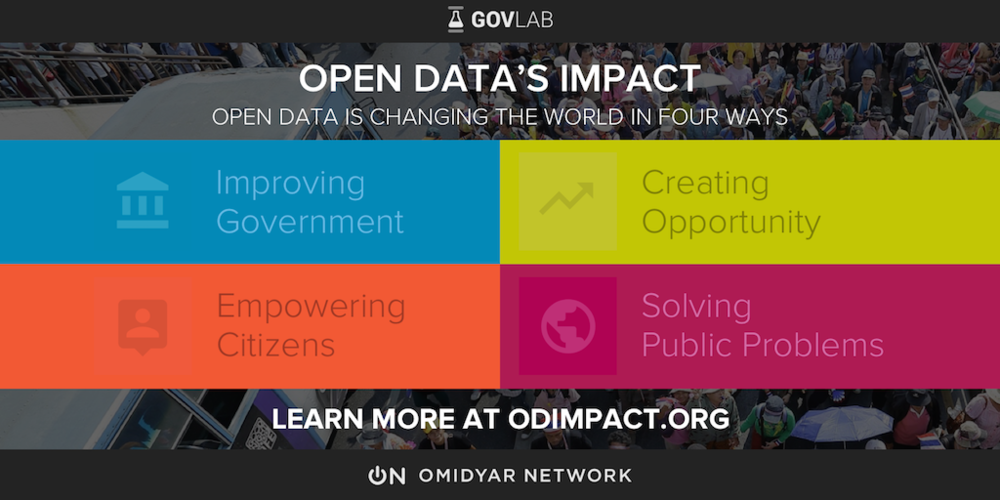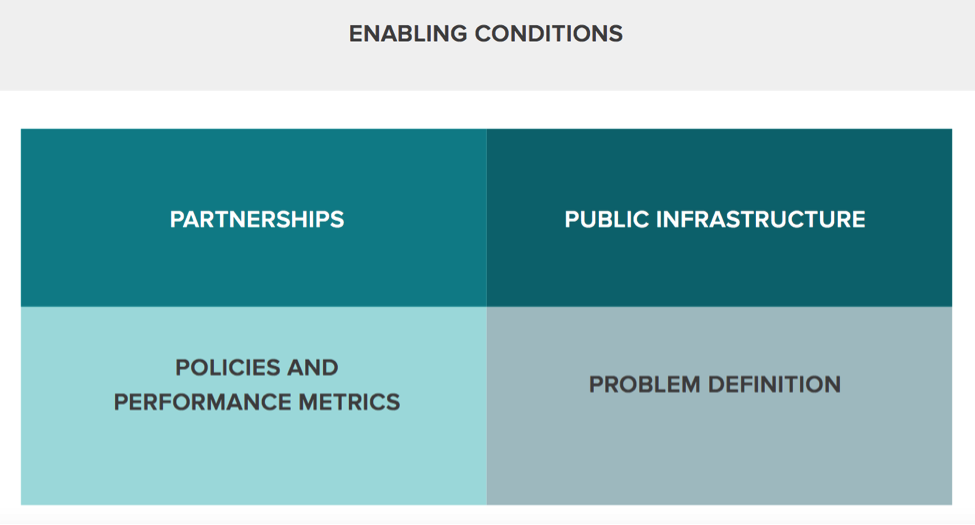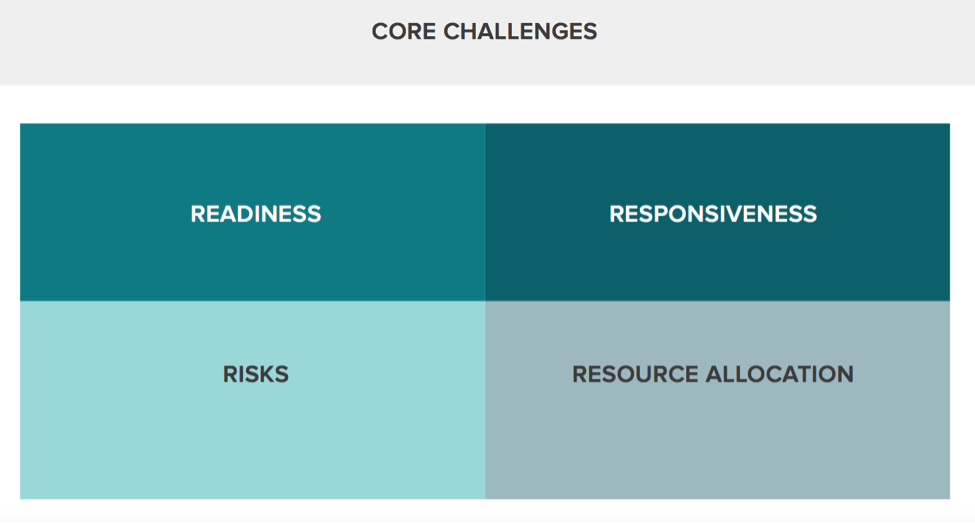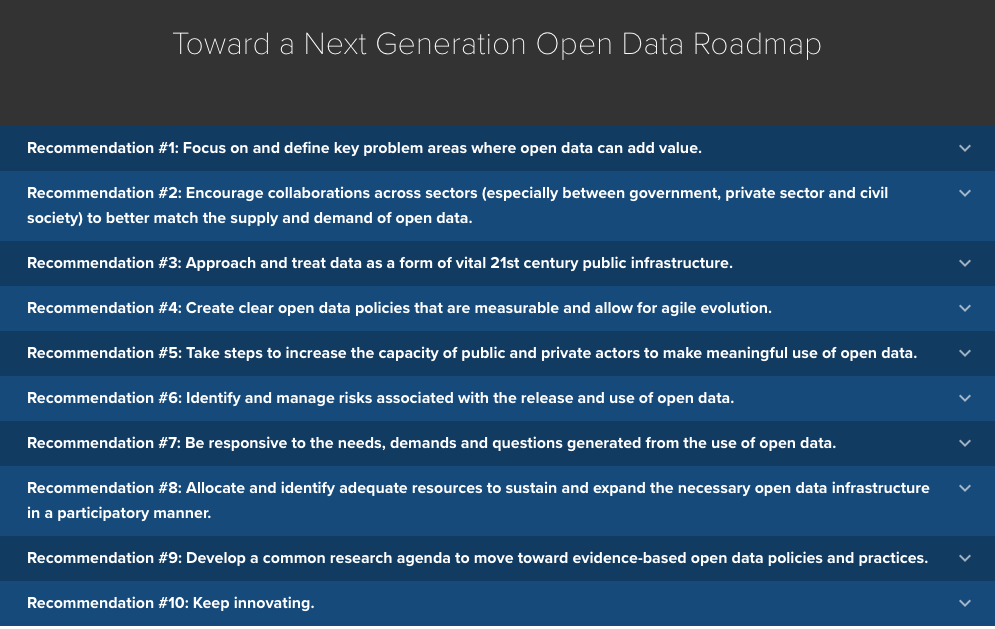Last week Network Chief of Research Stefaan Verhulst and Network Coordinator Andrew Young released “ Open Data Impact: When Demand and Supply Meet.” The paper, developed by The GovLab in partnership with Omidyar Network, shares key findings about the social, economic, cultural and political impact of open data across a collection of 19 case studies on open data’s impacts from around the world. The paper provides an analytical framework for assessing the impacts of open data projects based on their dimensions of impact, enabling conditions and challenges. The paper and case studies are available at Open Data’s Impact ( odimpact.org).
Dimensions of impact
- Improving Government: Open data is improving government, primarily by tackling corruption and increasing transparency, and enhancing public services and resource allocation.
- Empowering Citizens: Open data is empowering citizens to take control of their lives and demand change by enabling more informed decision making and new forms of social mobilization, both in turn facilitated by new ways of communicating and accessing information.
- Creating Opportunity: Open data is creating new opportunities for citizens and organizations, by fostering innovation and promoting economic growth and job creation.
- Solving Public Problems: Open data is playing an increasingly important role in solving big public problems, primarily by allowing citizens and policymakers access to new forms of data-driven assessment of the problems at hand. It also enables data-driven engagement, producing more targeted interventions and enhanced collaboration.

Enabling Conditions
- Partnerships: Intermediaries and data collaboratives play an important role in ensuring success, allowing for enhanced matching of supply and demand of data.
- Public infrastructure: Developing open data as a public infrastructure, open to all, enables wider participation, and a broader impact across issues and sectors.
- Policies: Clear policies regarding open data, including those promoting regular assessments of open data projects, are also critical for success.
- Problem definition: Open data initiatives that have a clear target or problem definition have more impact and are more likely to succeed than those with vaguely worded statements of intent or unclear reasons for existence.

Core Challenges
- Readiness: A lack of readiness or capacity (evident, for example, in low Internet penetration or technical literacy rates) can severely limit the impact of open data.
- Responsiveness: Open data projects are significantly more likely to be successful when they remain agile and responsive—adapting, for instance, to user feedback or early indications of success and failure.
- Risks: For all its potential, open data does pose certain risks, notably to privacy and security; a greater, more nuanced understanding of these risks will be necessary to address and mitigate them.
- Resource Allocation: While open data projects can often be launched cheaply, those projects that receive generous, sustained and committed funding have a better chance of success over the medium and long term.

The paper concludes with ten recommendations for policymakers, advocates, users, funders and other stakeholders in the open data community, and concrete steps for operationalizing those recommendations.


